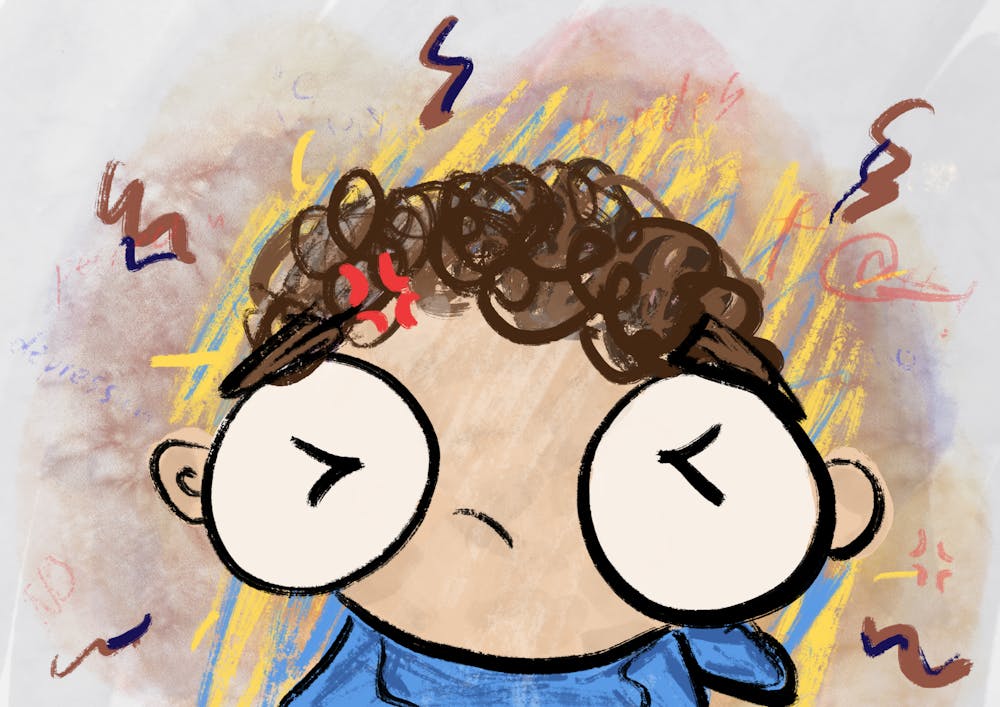
There’s a peculiar exhaustion that clings to us these days. Not the kind cured by a nap or even a week off. It’s deeper — spiritual, maybe. Existential. The soul equivalent of endlessly refreshing your email and still waiting for something good.
We are told — no, sold — that we are free. Free to dream, to hustle, to become. You can be anything, they say. And we believe them. So we try. We optimize. We biohack. We wake up at 5 a.m., drink kale, meditate for clarity and journal for gratitude. We count our steps. We check our stats. We aim to be high-performance humans.
And yet we are tired. Not just from the doing, but from the being — from the incessant demand that we become more. We are the CEOs of our own personal brands, the laborers of our own souls, the managers of our own self-worth.
What a trap.
This is the myth of self-improvement: that if you just push a little harder, wake a little earlier, read a little more, love a little better — you will arrive. But arrive where? To what? The finish line keeps moving. You are never enough, not really. The apps say so. The metrics confirm it. The mirror whispers it back.
Michel Foucault once said that in the past, those in power punished through surveillance. But now, we surveil ourselves. We’ve internalized the warden. He lives in our Fitbits, our productivity apps, our curated feeds. We flog ourselves with our own ambitions. No one is making us. That’s the genius of it.
Self-improvement has become the new religion — its god is efficiency, and its rituals are brutal.
This is no longer personal — it is cultural. A system that thrives on burnout and markets anxiety back to us in the form of “solutions.” A treadmill made of TED Talks, cold showers and podcast episodes titled “10 Hacks to Dominate Your Morning.” It’s a society of achievement — a place where narcissism isn’t a diagnosis but a strategy. Where rest is a weakness. Where "be yourself" has become an oppressive command.
We wonder why we’re depressed. Why everyone is anxious. Why nobody feels whole. And the answer is plain: We are trying to become gods, alone. Perfect, efficient, always climbing. But gods don’t cry in bathrooms at work. Gods don’t feel hollow after getting promoted.
Humans do.
So here’s a quiet rebellion: Let yourself be. Not improve. Not rise. Not hack. Just be.
Spontaneity — art for art’s sake, a walk without a step goal, a conversation with no point but connection — these are not wastes of time. They are acts of resistance. They are reminders that the self is not a product, and the soul cannot be optimized.
As Bertrand Russell put it, “Let your interests be as wide as possible.” Not productive. Not impressive. Just wide. Curious. Open. And let your reactions — to yourself, to others — be kind. Because you are not a brand. You are not a project. You are not a machine.
You are enough, even when you are not improving.
And that, in this culture, is the most radical thing you can believe.
Leo Lin is a freshman from Xiamen, Fujian, China studying in History and Philosophy.





